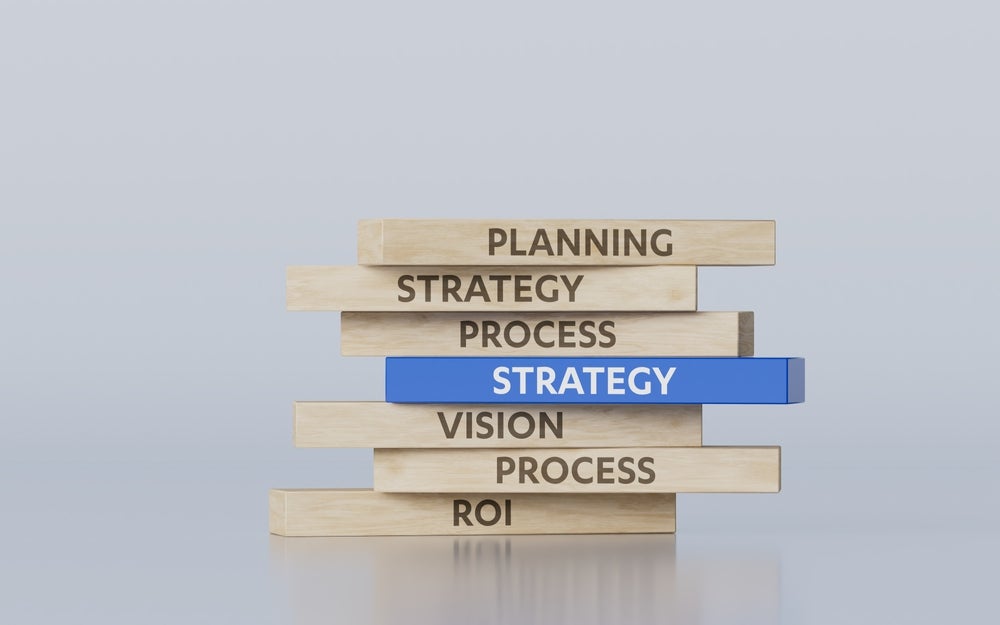The world’s largest accountancy firm is to build a multi-million
dollar learning and development centre to train and nurture a
45,000 person workforce. Deloitte US will invest $300 million in a
750,000 square feet (69,677 square metres) facility at Dallas-Fort
Worth, Texas, with construction due to begin next year.
Dubbed “Deloitte University” by the network’s global chief
executive, Jim Quigley, the facility will serve as a central hub
for Deloitte talent in the region, including new hires,
professionals, partners and leadership.
It will comprise of 800 guest rooms, classrooms, multiple
conference spaces, dining venues, a ballroom, a business centre,
recreational facilities and a fitness centre.
The centre will host training programmes, leadership events,
academic conferences and networking opportunities, and is due for
completion in 2011.
Deloitte US partner Jon Eisele told the International
Accounting Bulletin that the centre was motivated by a desire
to invest in the learning and leadership development of staff.
“The whole cultural aspect is also very important,” Eisele
added. “You’ll have people meeting and sitting in a class with
others from all over the world. They’ll meet people from other
functions. When you become as large as our organisation you have to
become more intentional and deliberate in protecting your culture.”
Quigley added that the facility would be used by member firms
worldwide, and would also act as a beacon to attract new talent to
the firm.
How well do you really know your competitors?
Access the most comprehensive Company Profiles on the market, powered by GlobalData. Save hours of research. Gain competitive edge.

Thank you!
Your download email will arrive shortly
Not ready to buy yet? Download a free sample
We are confident about the unique quality of our Company Profiles. However, we want you to make the most beneficial decision for your business, so we offer a free sample that you can download by submitting the below form
By GlobalData“When you think about building a world class campus and how it
would influence the thinking of a key recruit trying to decide
which professional services firm they want to work for, they see
that campus and commitment built in their development. It’s going
to impact how we compete for talent and how effective we are for
retention,” he said.
Deloitte confirmed the facility is likely to be used extensively
to train audit personnel on IFRS as regulators edge closer towards
allowing US listed companies the choice to report under global
accounting standards. This will be one of the largest training
exercises ever undertaken by the US profession, but both Quigley
and Eisele stressed the IFRS training requirement was not a factor
in the timing of the announcement. Eisele said the centre will also
provide technical training in other areas such as tax law as well
as updating soft skills on new technology.
Deloitte said the centre would be built according to Leadership
in Energy and Environmental Design standards established by the US
Green Building Council. As the centre is located in the southern
part of the country, Deloitte personnel will often be required to
travel long journeys for training purposes.
When asked how this would impact the firm’s carbon footprint,
Eisele responded: “I’m not sure this increases the pure amount of
travel or carbon footprint or not. That doesn’t change the fact
that is appropriate for every organisation to think about what can
be accomplished through telesuites and that type of
communication.”
He added that while Deloitte has recently increased investment
in telecommunications technology nothing can replace the benefits
of face-to-face interaction.






